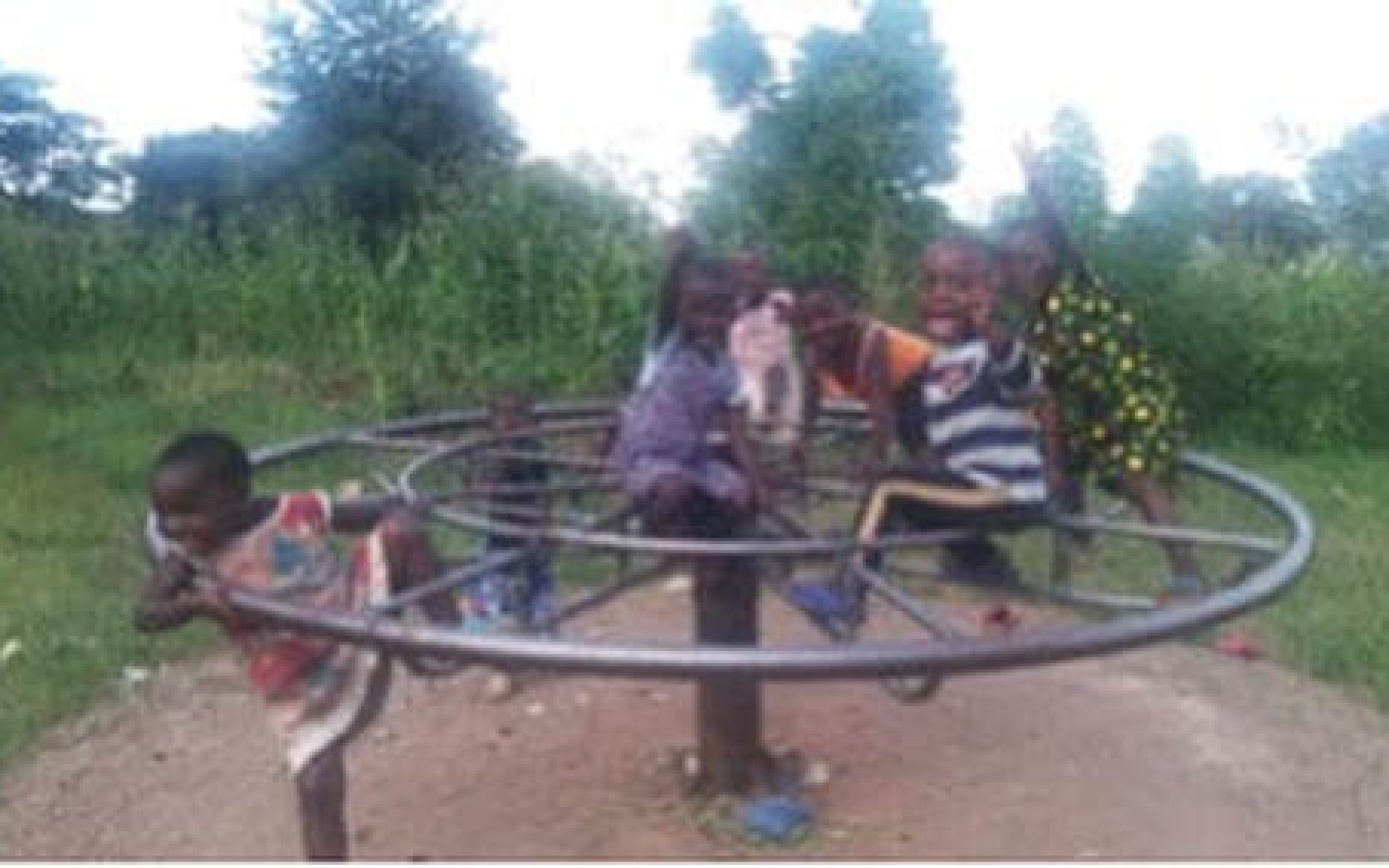Written by CorpsAfrica/Malawi Volunteer Ms. Twambilire Kalolokesya
Malawi has many different languages spoken throughout the country but Chichewa is the national language. Chichewa is most commonly spoken in the central and southern regions of Malawi, but since there are different districts the dialectics of Chichewa vary. In these different areas, some Chichewa words are pronounced differently, the speed of the language may be faster or slower, and the rhythm of conversations differ. In my previous blog, I shared a little bit about how people from my site speak Chichewa in a different way than am used to. In this blog, I plan to share further with you my readers the difference in languages that I have encountered.
Firstly, I noticed there was a difference in the way people in my community pronounce the Chichewa word which translates to English as “stepping on something”. Whenever the kids play jump rope outside my house and someone steps on the rope they say “wadyaka” (you have stepped on the rope). It was confusing at first because in a different area of Malawi the Chichewa word for stepping on something is “kuponda”. During the first days I used to wonder what they really meant, but with time I caught the meaning.
A common phrase that is also pronounced differently, is the morning greeting. Generally in the central region of Malawi the way we greet someone in the morning in Chichewa is by saying “mwadzuka bwanji.” But at my site the greeting goes like “mwauka bwanji”, which is the most common way of pronouncing this phrase in the most northern part of the central region. At first I would pause and wonder how to respond, but now I am used to it and I respond appropriately.
Another phrase that was new to me was “wusani” which means “be calm or be patient”. I came across this word when my fellow Volunteer Caroline and I were so restless trying to run away from rains. Someone in my community used this new phrase “wusani” for us to calm down and wait right there for the rains to stop. It was rather new to me because the Chichewa I am used to would be the word “dikirani” which means “wait”.
One other thing I have noticed here is that they pronounce most words in short form, for example the Chichewa word “ndikuuza” means I will tell you “nkuuza” means I’ll tell you. So most of the words are mostly pronounced as if you remove some letters and put an apostrophe.
So this is kind of an exciting time for me at my site. Even though I thought I knew how to speak Chichewa, I have ended up learning other ways of pronouncing words at my site and I am glad to share a few of these words with you.

